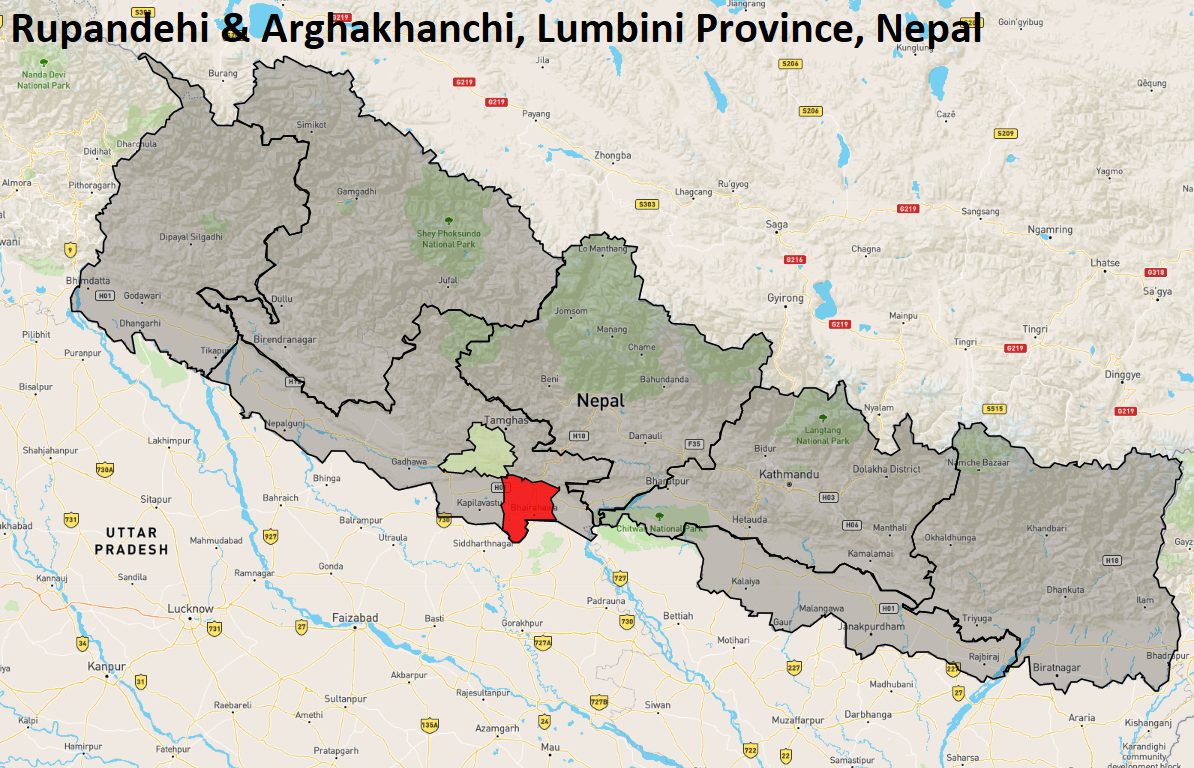Project Background
 The Asia Regional Resilience to a Changing Climate (ARRCC) programme,
which commenced in September 2018, is a four-year programme aiming to
strengthen provision and uptake of weather and climate services across
the South Asia Region. Whilst regional in nature, ARRCC has an emphasis
on the most vulnerable countries in the region, primarily Nepal, Bangladesh,
Pakistan and Afghanistan.
The Asia Regional Resilience to a Changing Climate (ARRCC) programme,
which commenced in September 2018, is a four-year programme aiming to
strengthen provision and uptake of weather and climate services across
the South Asia Region. Whilst regional in nature, ARRCC has an emphasis
on the most vulnerable countries in the region, primarily Nepal, Bangladesh,
Pakistan and Afghanistan.
ARRCC focuses across all meteorological timescales
(weather, seasonal, climate). The project activities aim to
build climate & environmental resilience by improving the
application and access to weather and climate services at
regional to national levels. In addition, the programme will
support the development of new technologies and innovative
approaches to help vulnerable communities apply and use
warnings and forecasts to better prepare for climate-related
shocks.
As part of the ARRCC Strengthening Climate Information Partnership in South Asia
(SCIPSA) work package and in collaboration with Department of Hydrology and
Meteorology (DHM); Regional Integrated Multi-Hazard Early Warning System (RIMES) and
UK Met Office (UKMO) stakeholder consultations were organized in March 2019 and at
the National Monsoon Forum in April 2019. A further consultation meeting was
conducted on 24th November 2019 involving RIMES, DHM and National Agricultural
Research Council (NARC). This was to select the pilot locations in Nepal for the
development of a prototype Decision Support System (DSS) and for linking a range of
forecasts products from DHM for application in the agriculture sector.
Two districts Rupandehi and Arghakhanchi in Province 5 were selected as pilot sites. Province 5
have very suitable conditions for agriculture and, DHM has its regional office and NARC
has its National level commodity program as National Wheat Research Program (NWRP) in
Rupandehi.
To discuss the requirements from the field level and consult stakeholders in the co-development process, it was
decided to have field visit and stakeholder’s consultation meeting in Rupandehi district.
This was in collaboration with representatives from DHM, NARC focal person at pilot
sites, NWRP, district Department of Agriculture (DOA), Agriculture Knowledge Center (AKC),
municipal government (to link with farmers), farmers from both pilot districts Arghakhanchi and Rupandehi, RIMES and the UK Met Office.
Through series of consultation meetings and interactive
exercises with users details related for following was
identified: current status of access to weather and climate
information, the decisions made across the agricultural
calendar and user’s current status and requirements related
to weather and climate forecast information.